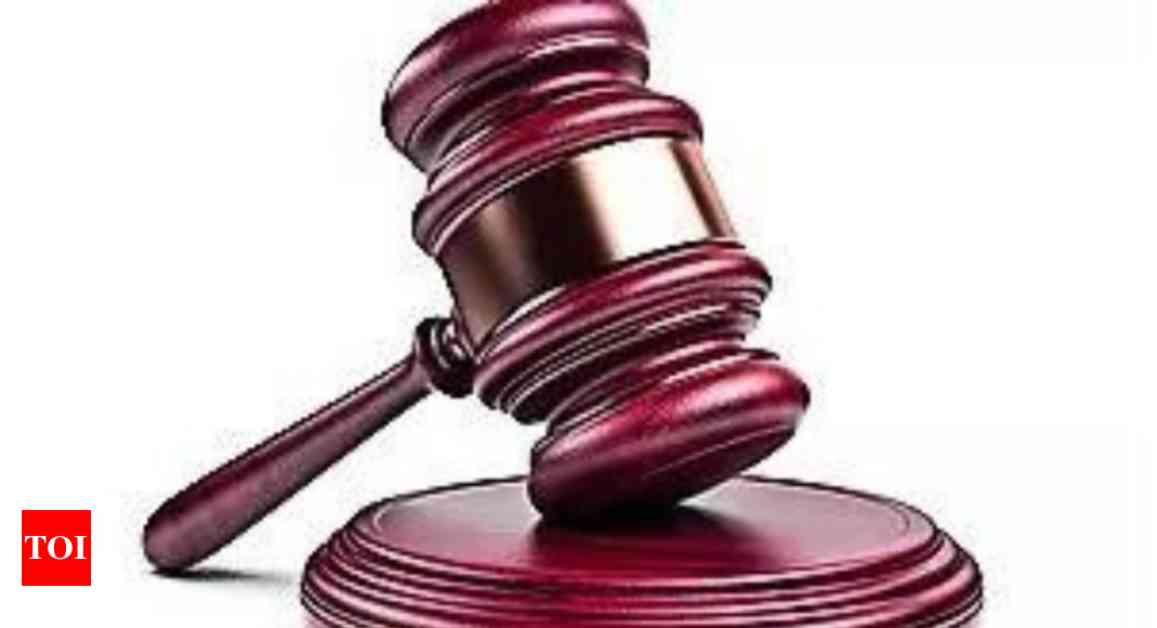Gujarat High Court has made a decision to stop the release of a movie called ‘Maharaj’ on the OTT platform Netflix. This movie features Junaid Khan, who is the son of actor Aamir Khan. The decision came after a religious sect known as Pushtimarg raised objections against the movie. The sect consists of devotees of Lord Krishna and followers of Vallabhacharya.
The members of the Pushtimarg sect approached the High Court claiming that the movie, which is said to be based on the Maharaj Libel Case of 1862, could potentially hurt religious sentiments, disrupt public order, and provoke violence against the followers of their sect and the Hindu religion as a whole. According to the petitioners, the Maharaj Libel Case, which dates back to the British era, contains derogatory remarks against Hinduism, God, and devotional songs.
Justice Sangeeta Vishen has issued a notice to Netflix, the production company behind the movie, and other relevant authorities. The next hearing on this matter is scheduled for June 18.
This decision by the Gujarat High Court has sparked a debate on the freedom of expression versus the protection of religious sentiments. It raises questions about the responsibility of filmmakers and OTT platforms in ensuring that content does not offend any religious or cultural group.
In recent years, there has been a rise in controversies surrounding movies and web series that are deemed offensive by certain religious groups. This case adds to the ongoing discussion about censorship and regulation of content in the digital age.
It is important for filmmakers, producers, and OTT platforms to be mindful of the diverse cultural and religious landscape of India. While artistic freedom is crucial, it should not come at the cost of inciting hatred or disrespecting any faith.
The outcome of this case will set a precedent for future conflicts between creative expression and religious sensitivities. It remains to be seen how the authorities will navigate this delicate balance between freedom of speech and the protection of religious beliefs.





















